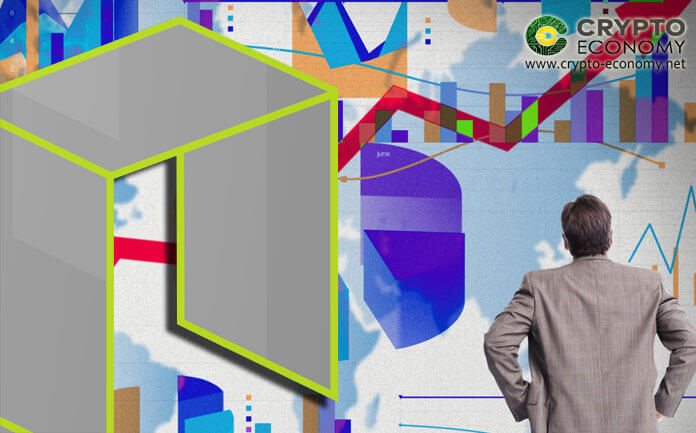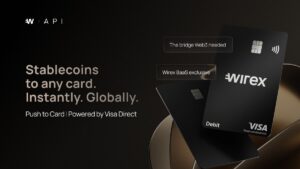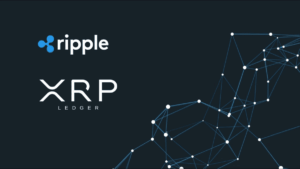NEO Global Developments (NGD) has recently begun taking steps towards establishing the Digital Assets Alliance so as to explore securities.
The Digital Assets Alliance, abbreviated as DAA, is a consortium of participants from various industries such as, the Know Your Customer/Anti-Money Laundering (KYC/AML) providers, issuance platforms, and law firms, with its members primarily located in the U.S., Asia and Europe.
Securities on the Blockchain

According to Tamar, many people tend to say, ‘security tokens’ when looking at securities and this in return creates a lot of ‘hype and rumours’ about how it’ll bring back the bull in the market. Tamar says that;
“These securities are something that have always been around, and using digitized formats for these securities instead of a piece of paper or an excel sheet, but using a unique digital signature to ‘upload’ the securities to a blockchain is just making sure the process is being done in a more efficient, transparent and smoother way – cutting away middlemen and just making sure that things are executed in the right format.”
Tamar sees ‘digital assets’ as a more appropriate term compared to ‘security tokens’. Security tokens are basically cryptographic digital assets that reflect an investment in things that do not trade on liquid exchanges.
NGD’s main motive towards establishing the DAA is so as to empower developers by compiling learning into something they can easily comprehend and also translate into a fully compliant security token standard.
Looking at NEO, it is up to the user to implement all their criteria that the law requires at the smart contract level, -despite the fact that the NEP-5 standard can already be applied to smart contracts. In a case where the user doesn’t know all the regulations applied, they might end up exposed to legal or technical issues.










